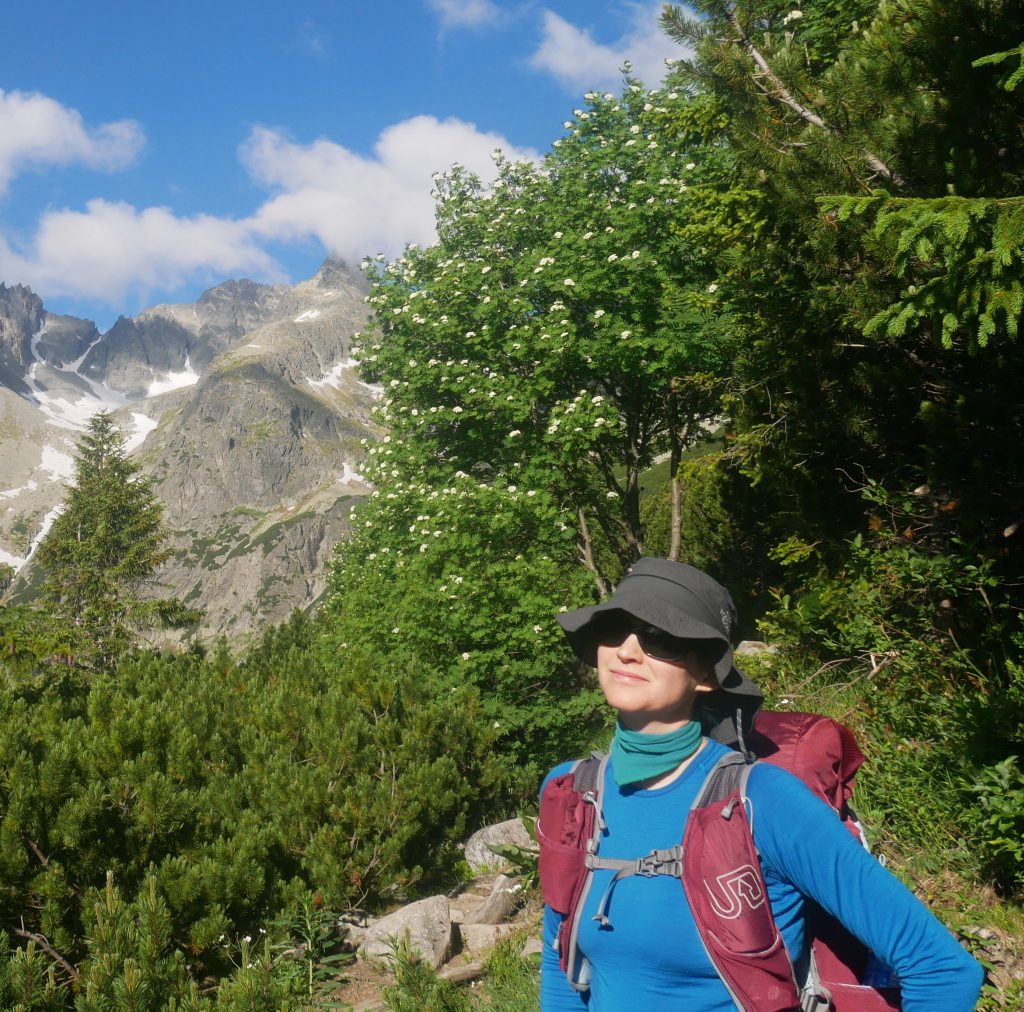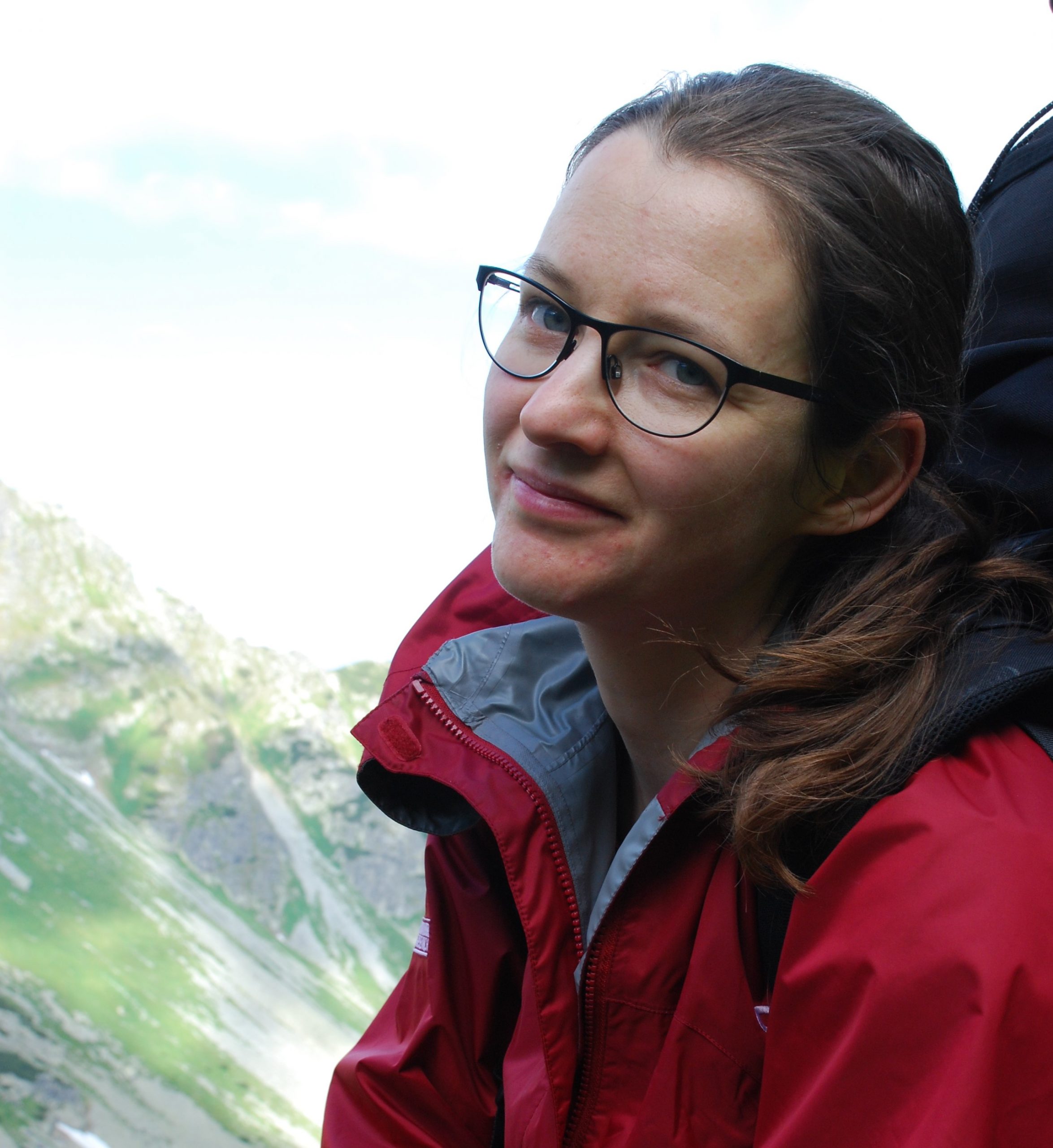In the PONDERFUL project, I am leading the work package for stakeholder involvement, policy, society, and sustainable financing. The main area I am responsible for is policy analysis, but I am also supervising and coordinating the work with other tasks and am in charge of the last deliverable on the PONDERFUL final framework.
My expertise is in political and social sciences. I work with numerous issues related to sustainable development, with a particular focus on policy and governance aspects linked to biodiversity conservation. That includes, for example, the implementation of biodiversity-related and other environmental policies, ecological and socio-economic assessment of ecosystem services, and the application of Nature-based Solutions. Recently, I have worked a lot with small waterbodies, such as ponds and wetlands, but I have also focused on other environments, including forests, mountains, coastal and urban areas.
I gained my PhD degree in 2011 at the Swedish University of Agricultural Sciences, with a dissertation about planning processes for biodiversity. Since 2015, I have been working at Uppsala University, first as a post-doctoral researcher, then as senior lecturer. In 2017, I became an associate professor at Uppsala University, Department of Earth Sciences, within a research programme of Natural Resources and Sustainable Development.

I wanted to get involved in PONDERFUL, because I think that small waterbodies are extremely important, but at the same time, quite neglected. So, being involved with PONDERFUL has given me the opportunity to help raise their profile and make them more visible in both research and practice, but also for general society.
I also think that it is vital to involve social and political scientists in projects like PONDERFUL. While ecology research is important, it is imperative that we understand more of the social and political context, so we are able to apply the solutions to environmental problems in practice.
Besides PONDERFUL, I work with another Horizon 2020 project called NEXOGENESIS, which focuses on the interdependence of water, energy and food security and the ecosystems that underpin that security. I am also involved in the PUDDLE-JUMP , which is looking at hydrological and other ecosystem services that can be provided by small waterbodies created by people (such as ponds and wetlands). In addition, I am leading a large research programme called LANDPATHS, which is developing new strategies for governance and management that strengthen landscapes’ biodiversity and promote multifunctionality.
PONDERFUL is now at its final stage and I can see that we have already achieved a lot to learn more about ponds and pondscapes as Nature-based Solutions. It is exciting that our results are being widely disseminated and will reach a wide audience. My hope is that this will make both decision makers and regular people more aware of the values that small waterbodies provide and support their future creation, restoration and management.

